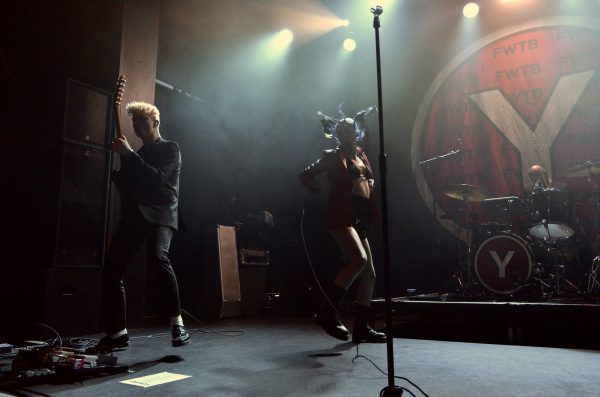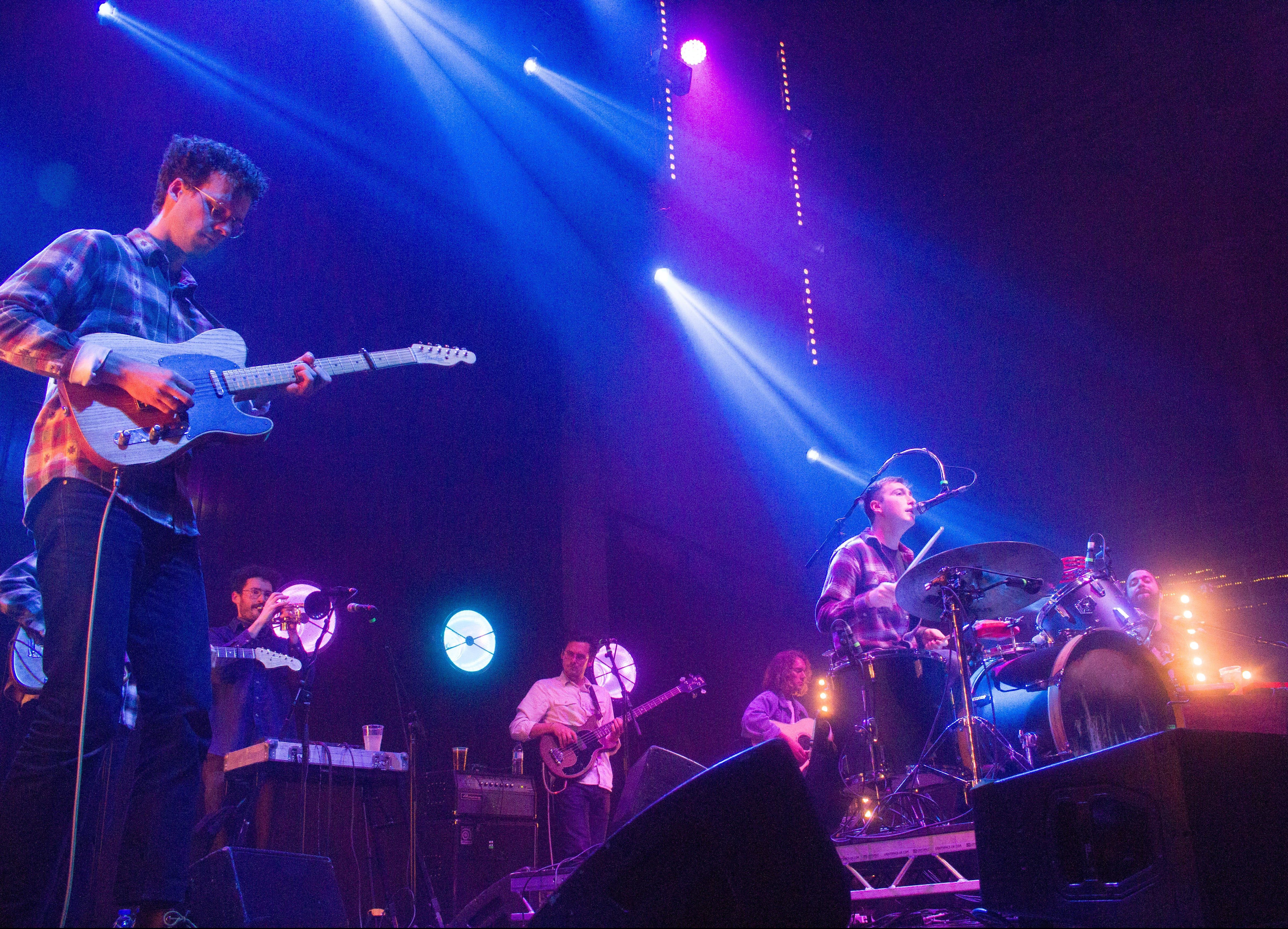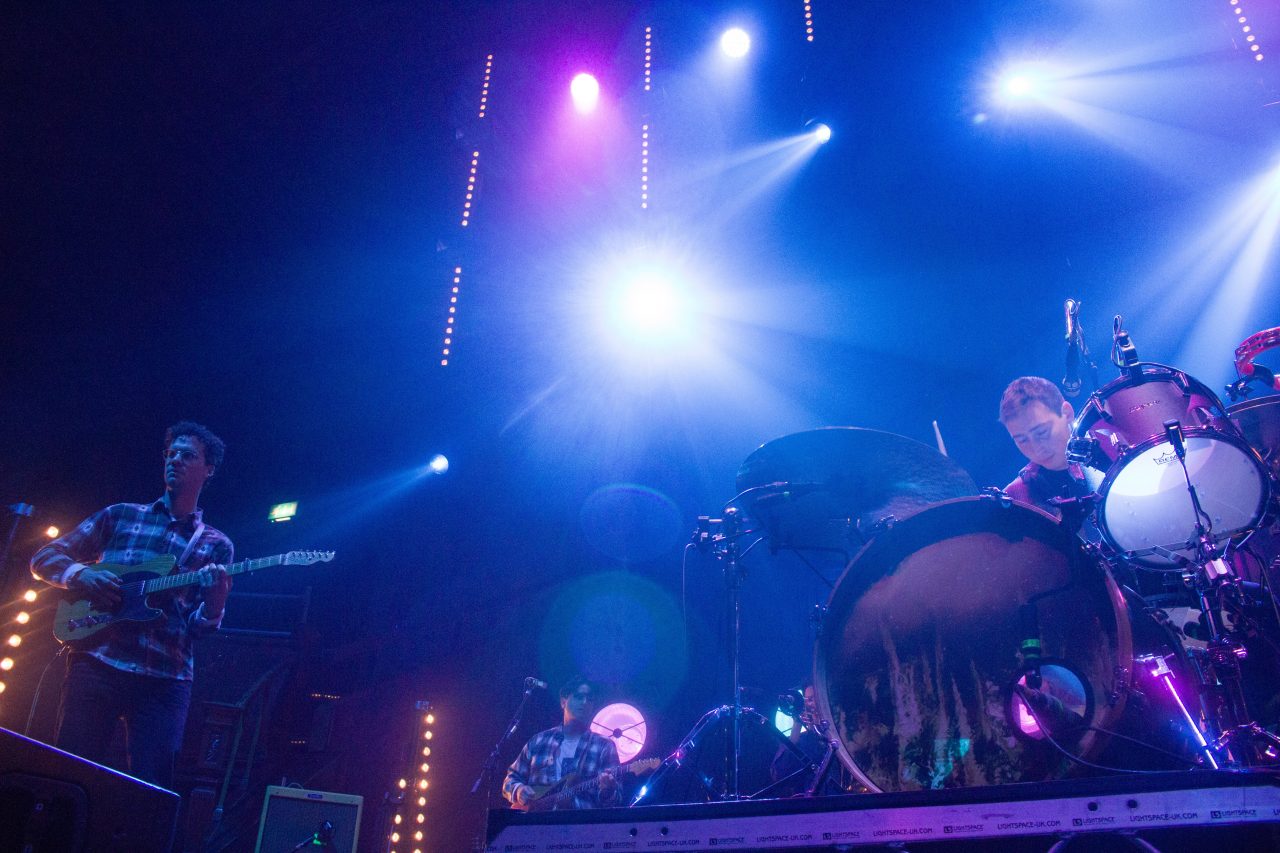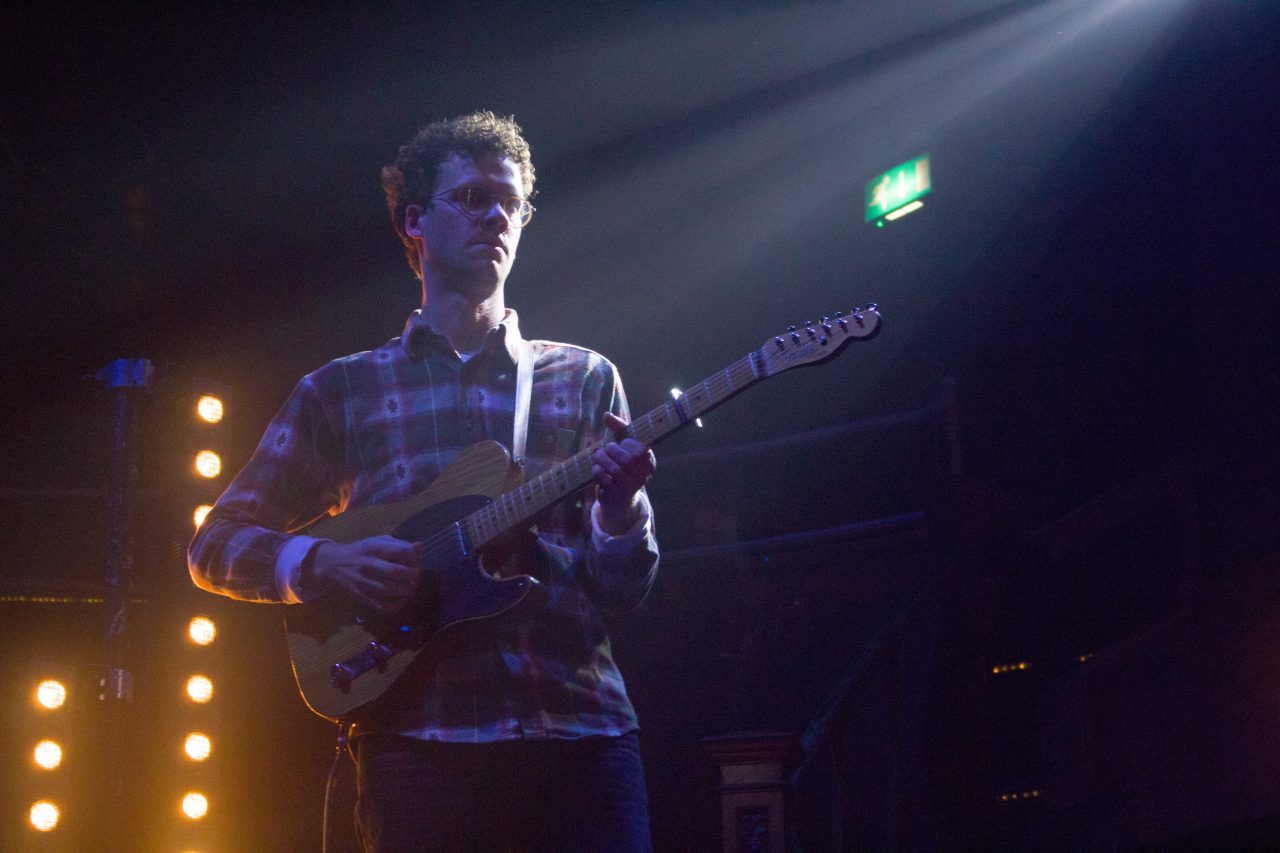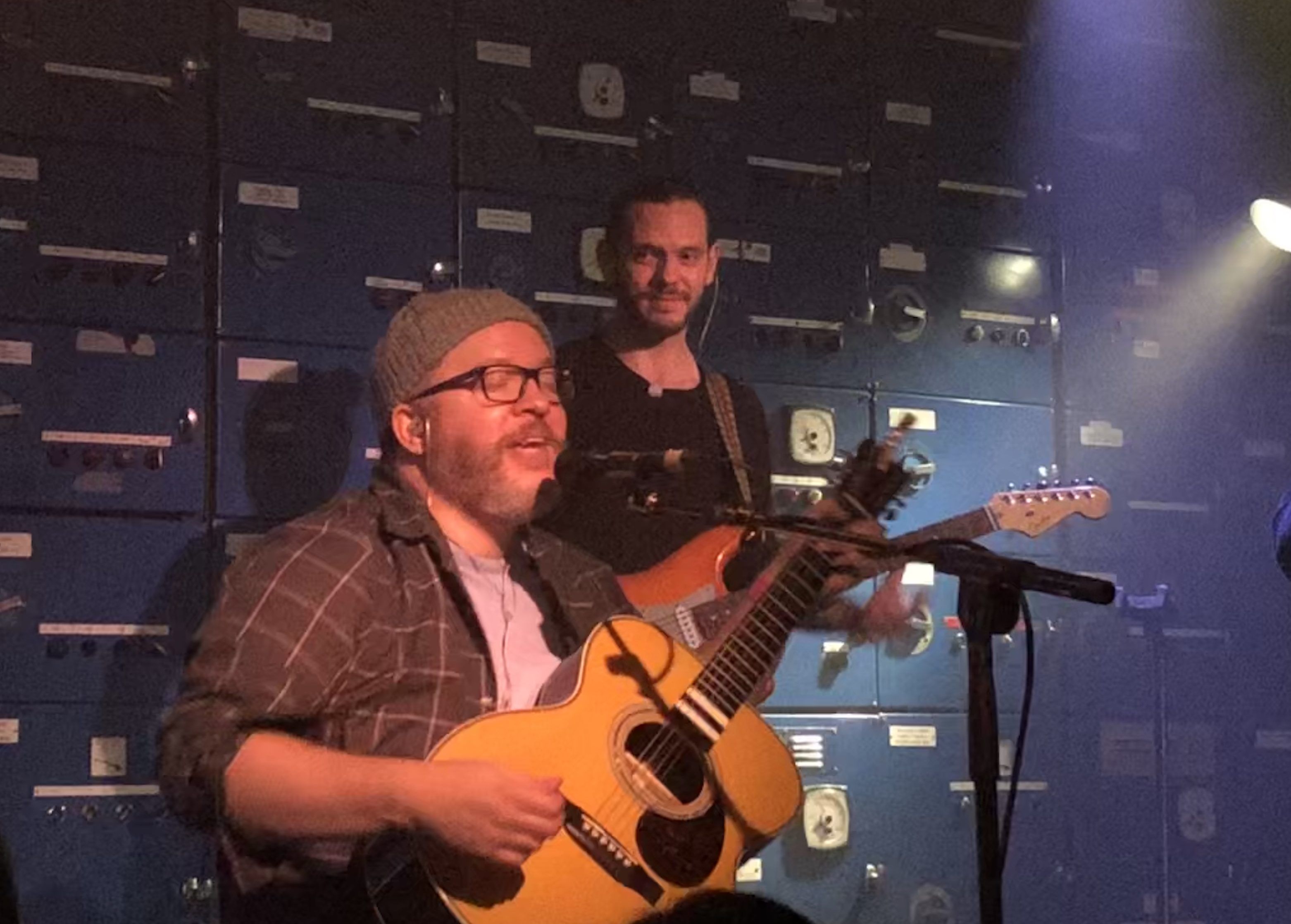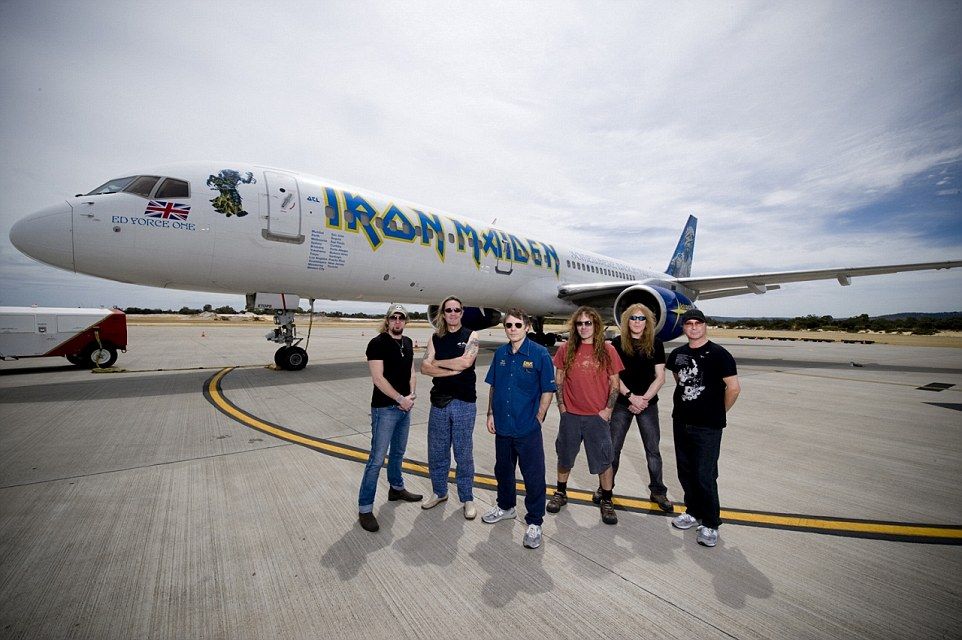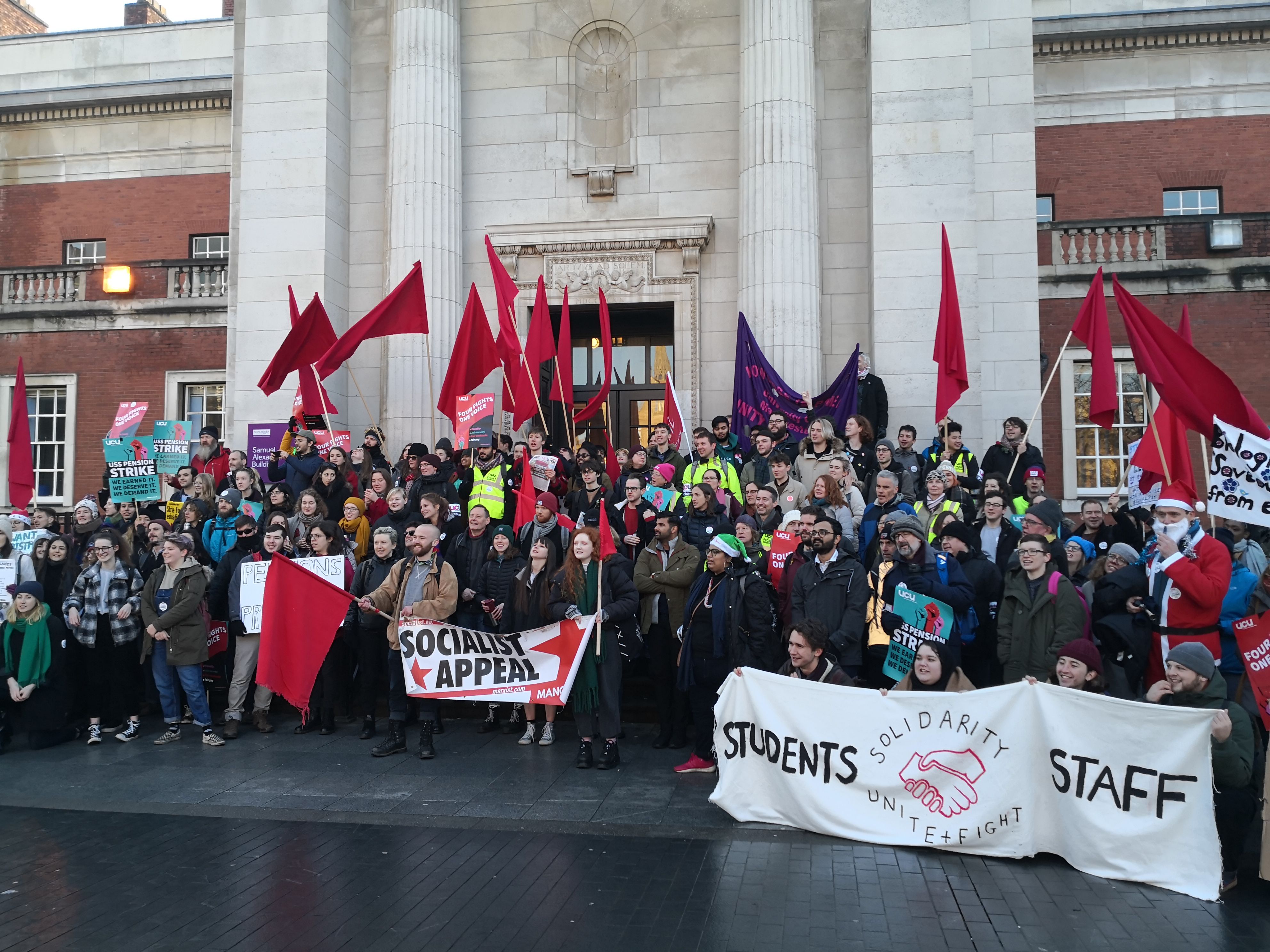BBC Sports Personality of the Year 2019 preview
On 15 December, 10,000 people will gather in the sparkling new P&J Arena in Aberdeen to witness the Sport’s Personality of the Year awards 2019. It will be hosted by household names Gary Lineker and Gabby Logan and feature performances from musical big shots Lewis Capaldi and Emeli Sande.
Athletics stars Dina Asher-Smith and Katrina Johnson-Thompson, cricketer Ben Stokes, Formula one driver Lewis Hamilton, Wales rugby player Alun Wyn-Jones, and footballer Raheem Sterling are all in contention for the main award.
Sprinter Asher-Smith set British records and won a gold and two silver medals at the World Athletics Championships this year. Her 2019 performance has solidified Asher-Smith’s reputation as one of Britain’s great sprinters by the young age of 23.
Meanwhile, Katrina Johnson-Thompson gave the sixth-best ever performance in the heptathlon, smashing the British record at the same championships. She has had an incredible few years, having doubted herself and questioning leaving athletics after an underwhelming performance at the Rio Olympics in 2016, Johnson-Thompson’s return to the top has required a great deal of resilience.
Lewis Hamilton has had a fantastic 2019, having won three world championship titles in a row. This year’s title was his sixth overall, putting him just one behind all-time record holder Michael Schumacher. This year he won his sixth grand slam, and he currently holds the record for the most career points in the world championship.
2019 was an exceptional year for the Wales Rugby team. It began with a grand slam victory in the Six Nations, saw the team rise to number one in the world rankings, and included a heroic world cup campaign which ended with an excruciating 16-19 defeat to South Africa in the semi-finals. The captain Alun Wyn Jones put the most tackles in the world cup (79) and became Wales’ most capped player ever.
Raheem Sterling has had a great 2019 in terms of goals and assists and the domestic treble he helped Manchester City win, but also by winning awards such as the PFA Young Player of the Year and the Football Writers Association Player of the Year. However, his role of the pitch as a leading spokesperson on issues such as racism and the media in football have transformed him into a true role model.
England all-rounder Ben Stokes has excelled in 2019. He played an instrumental role in the sides’ World Cup Victory. This included a man of the match performance in a nail-biting final against New Zealand, Stokes hit two sixes in the final over and batted in the Super Over with Jos Butler to help guide England towards victory. This was not enough for Stokes in one summer though as he was heralded for his performance in the drawn Ashes series. His performance at Headingley in the third test was remarkable, with his 135 runs being described as one of the greatest innings ever by an English batsman.
All of these outstanding achievements by the six British athletes will make it hard to pick a winner, but Stokes has been made the bookies favourite to win the main award.
It is hard to know exactly what the nomination panel are looking for, though, when they decide who should be the six athletes up for the award. Is the award purely based on sporting achievement, or is there an element of the individual’s personality involved?
If it is a question of achievement in sport, it might be fair to have included boxer Tyson Fury in the shortlist in 2018. Indeed, after his fight against Deontay Wilder, he has been ranked by the Ring as the best active heavyweight boxer in the world and is in contention to win another fighter of the year award.
However, if the award is based on personality it would seem fair to exclude the heavyweight from the BBC Sports Personality of the Year competition, as he has a history of spewing homophobic, anti-semitic and sexist comments.
So it seems that personality does in-fact play a role in the decisions of the nomination panel. It is therefore strange that they decided to put Ben Stokes forward for the award. Last year the cricketer was charged with bringing the game into disrepute after he was involved in a brawl outside a nightclub in Bristol. Stokes punched two men in the early hours of the morning on the 25th of September 2018, knocking one of them out.
If Stokes were to win, would it not be unfair to the other athletes who have used their time off the pitch or track in a better way, such as Sterling who has taken on racists, or Hamilton who has promoted environmentalism (albeit ironically coming from a racing driver).
It will be interesting to see who wins this year’s Sports Personality of the Year, and ultimately it is up to the public who decides who takes home the award.
It is not the only award given on the evening, though, as other awards such as the Unsung Hero Award are up for grabs. Previous winners have included Kirsty Ewen, who promoted the improvement of mental health through swimming, Marcellus Baz who offered free boxing lessons to hundreds of children in Nottingham, and Val Hanover who worked for 30 years organising Special Olympics for thousands of people with learning difficulties in Shropshire.
Nominations have now closed for the Unsung Hero award; hopefully we will hear another uplifting story of someone going above and beyond in their community and receiving the recognition they deserve.



